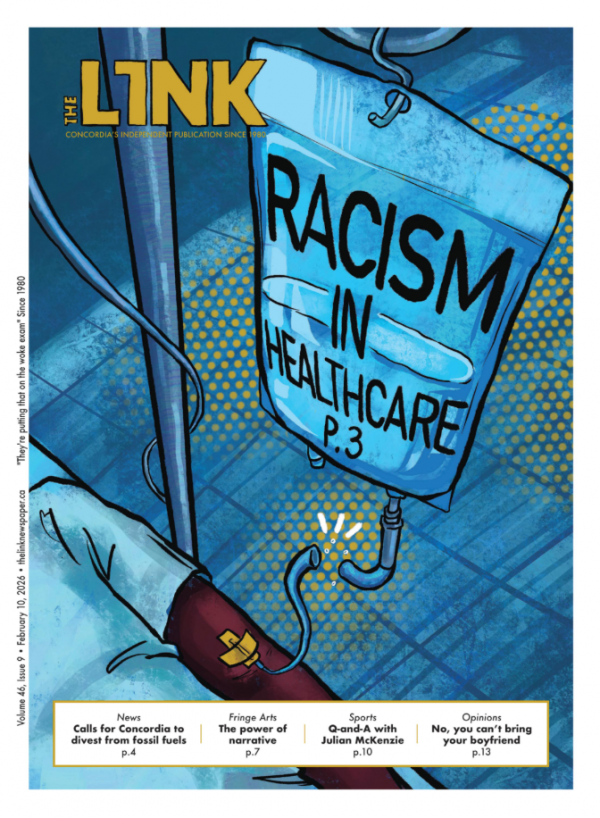Anonymity on the Net
Free Net-speak is a Human Right
Until very recently, there was no absolute guarantee to gaining anonymity on the Internet. Connecting to the web, participating in ongoing conversations and joining the Internet flow inevitably forced one to provide some kind of self-identification.
Absolute cyber-anonymity was thought to be the holy grail of Internet usage, a seemingly illusionary state to the citizens of cyberspace. It was a fantasy that people were urged to fight for because it was one more step towards absolute freedom of expression in the Information Age.
But not anymore.
A small—but growing—group of security and web experts who knew their way around the electronic ocean gave breath to a reality within a myth. Thanks to whistleblower websites like WikiLeaks, their incognito contributors and the partisans of the open source/free software movement, anonymity on the Internet is more accessible for the less technically-savvy Internet user.
The Internet, as we know it, is designed in a way that makes the possibility of anonymity inescapable.
We can all benefit from anonymity, whether you’re a journalist, politician, artist or activist who refuses to be victimized by Internet surveillance and opposes data-mining companies.
This surge of freedom has the Chinese and Iranian governments twitching. It is an unsurprising fact that China and Iran’s Internet censorship violates the right to freedom of expression guaranteed by the U.N. Universal Declaration of Human Rights.
Iranian Internet censorship was called “the most sophisticated in the world” by the OpenNet initiative, a coalition of university research departments whose goals are to “investigate, expose and analyze Internet filtering and surveillance practices.” Internet users in the Islamic Republic are not allowed to access social networking sites such as Facebook, Flickr or blogs from abroad.
China also restricts Internet users from logging onto Facebook and anyone that wants to surf cyberspace must go through one of the very few telecommunications services that provide it.
The U.S government has followed this trend and has been attacking cyber activists and trying to block all content provided by anonymous users by advocating the criminalization of Internet anonymity.
Attempts to fight against Internet anonymity are resource-extensive, morally wrong, futile and counterproductive. The Internet, as we know it, is designed in a way that makes the possibility of anonymity inescapable. Its design must allow for anonymity.
Today’s Internet can be thought of as small particles of information or packets, traveling from a sender to a receiver. Those packets hold the Internet address (IP address) of the two machines that are sending information to each other.
Pinning down exactly who is sending a packet is called attribution. But numerous individuals can use the same computer with one IP address, and those addresses can be dynamic, which make attribution impossible.
Even if we assumed that every packet could be traced back to its sender, and that every bit of information could be mapped from one computer to another, the problem of attribution would be present anyway. A malicious hacker could still intrude on an innocent’s machine and send illegal data, like child pornography.
So even if magic attribution technology existed and by some sort of technological wizardry one could trace back every single bit of data to the machine it originated from, one would still have to prove that the owner of the machine sent the data in the first place. Often, identifying the source machine does not lead to the perpetrator, just to another victim.
Moreover, if a government decides to outlaw anonymity on the Internet, then only outlaws will have anonymity on the Internet.
Victims of abuse, people seeking help, and whistleblowers would be either labeled as criminals involuntarily; forced to compromise themselves, their social lives, images, relationships or even dignity—or be pressured into suppressing their voice.
Of course, this raises the issue of striking a fair balance between the rights citizens of the Internet have to anonymity and tracing those responsible for criminal acts. It is a difficult but inevitable challenge that is being tackled very poorly and incompetently by government authorities.
This article originally appeared in Volume 31, Issue 13, published November 9, 2010.

__576_720_90.jpg)


_600_375_90_s_c1.jpg)
_600_375_90_s_c1.jpg)

_copy_600_375_90_s_c1.jpg)